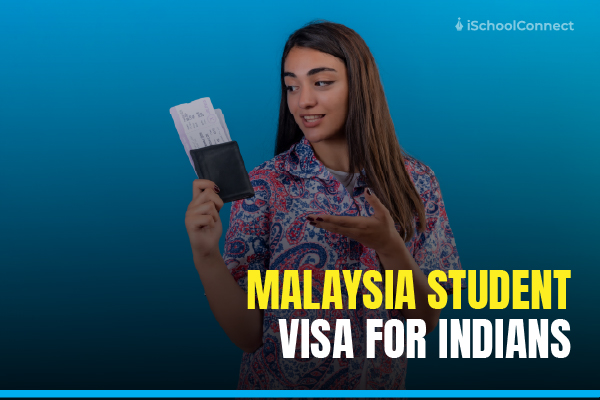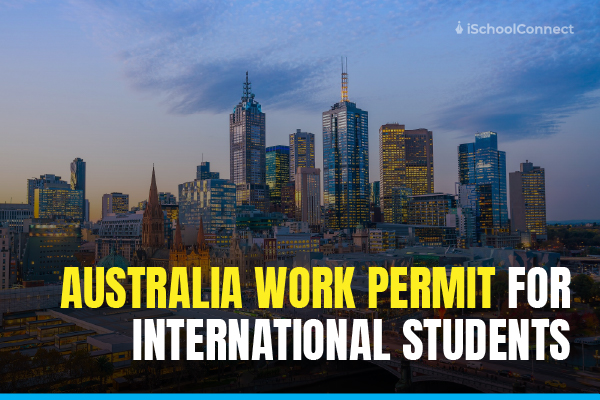Table of Contents
- Singapore student visa | A comprehensive guide
- Understanding the types of students visas
- Eligibility criteria of singapore students visa
- The application process for singapore student visa
- Financial considerations
- Health and insurance
- Settling in and student support services
- Working while studying
- Extending your stay
- Key takeaways
- FAQs
Singapore student visa | A comprehensive guide
Studying abroad can be a life-changing experience, and Singapore is rapidly emerging as a top destination for international students. With its world-class education system, vibrant multicultural society, and thriving economy, it’s no wonder students from all corners of the globe are drawn to this small but mighty island nation. However, before you can embark on your educational journey in Singapore, you need to navigate the process of obtaining a student visa. In this comprehensive guide, we will delve into the requirements, application process, and key tips to help you successfully secure your Singapore students visa.
Understanding the types of students visas
In Singapore, there are primarily two types of student visas available for international students:
Student’s Pass (For full-time students)
The Student’s Pass is the most common type of student visa in Singapore. It is for individuals pursuing full-time studies in universities, polytechnics, and other educational institutions. To be eligible for a Student’s Pass, you must have been accepted into a recognized educational institution in Singapore and have a valid offer of admission. The Student’s Pass allows you to stay in Singapore for the duration of your course.
Training employment pass (TEP) (For professional courses and training)
The Training Employment Pass is for individuals enrolled in Singapore’s professional courses, internships, or training programs. It is typically for those pursuing specialized or vocational training rather than traditional academic degrees. The TEP allows you to study and work simultaneously in Singapore, provided the training program has approval from the Ministry of Manpower (MOM) and the period of study does not exceed six months.
It’s important to note that the specific visa category you need to apply for depends on the type and duration of your educational program. It’s crucial to consult the educational institution you plan to attend or visit the official website of the Immigration and Checkpoints Authority (ICA) for the most accurate and up-to-date information regarding student visas in Singapore.
Eligibility criteria of singapore students visa

You must meet certain requirements to be eligible for a Singapore student visa. These include having an offer of admission from a recognized educational institution, sufficient financial means to support your studies and living expenses, and meeting the health and character requirements set by the Immigration and Checkpoints Authority (ICA).
The application process for singapore student visa
Securing a Singapore student visa involves several steps, starting with the submission of your application to the educational institution. We will guide you through the necessary documents, application forms, and fees, and provide insights into the processing time and potential challenges you may encounter along the way.
Financial considerations
Financing your education in Singapore is a crucial aspect of the student visa application process. We will explore various options available for funding your studies, including scholarships, grants, and part-time work opportunities. Additionally, we will provide tips on managing your finances.
Health and insurance
Singapore places great importance on the health and well-being of its residents, including international students. We will discuss the mandatory health insurance requirements, the importance of obtaining comprehensive coverage, and provide an overview of the healthcare system in Singapore.
Settling in and student support services

Once you have obtained your student visa and arrived in Singapore, you will need to navigate the process of settling into your new environment. We will highlight the various student support services offered by educational institutions and provide tips on finding accommodation and understanding local culture.
Working while studying
Many students wish to gain practical work experience during their studies. We will delve into the regulations governing part-time employment for international students in Singapore, including the maximum number of working hours allowed.
Extending your stay
If you decide to pursue further education or explore employment opportunities after completing your initial course, we will guide you through the process of extending your stay in Singapore, including transitioning to a different visa category if needed.
Key takeaways
- Securing a Singapore students visa is a significant step towards realizing your academic and personal goals.
- By understanding the requirements, navigating the application process, and being well-prepared, you can embark on a fulfilling and transformative educational journey in Singapore.
- Remember, thorough research, timely preparation, and a positive attitude will ensure a smooth transition and set you on the path to success in Lion City.
Did you find this blog helpful and informative? If so, we have more content related to everything you need to know about applying for visas in different countries. To learn more, click here and share your views about the blog in the comments below.
Liked this blog? Read next: Exploring Ghent University: A handy guide for international students
FAQs
1: Can I work while studying in Singapore with a student visa?
Ans: Yes, international students with a valid Singapore student visa are eligible to work part-time during their studies. However, there are certain restrictions. As a full-time student, you can work up to 16 hours per week during term time and full-time during scheduled vacations. Remember to check the guidelines set by your educational institution and ensure that your work does not interfere with your studies.
2: What are the financial requirements for a Singapore student visa?
Ans: To obtain a Singapore student visa, you need to demonstrate sufficient funds to cover your tuition fees and living expenses throughout your course of study. The specific amount varies depending on the institution, course duration, and location. As a general guideline, they recommend having at least SGD 30,000 per year for tuition fees and an additional SGD 10,000 to cover living expenses.
3: Can I extend my stay in Singapore after completing my studies?
Ans: Yes, it is possible to extend your stay in Singapore after completing your studies. If you wish to pursue further education, you can apply for a new student visa for your next course. Alternatively, if you want to explore employment opportunities, you may need to transition to a different visa category, such as an Employment Pass (EP) or a Work Holiday Pass (WHP). It’s important to familiarize yourself with the specific requirements and procedures for each visa category to ensure a smooth transition.






